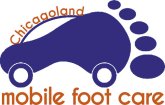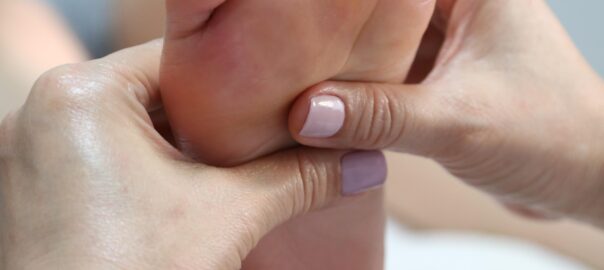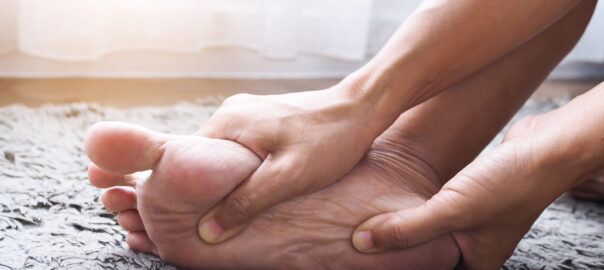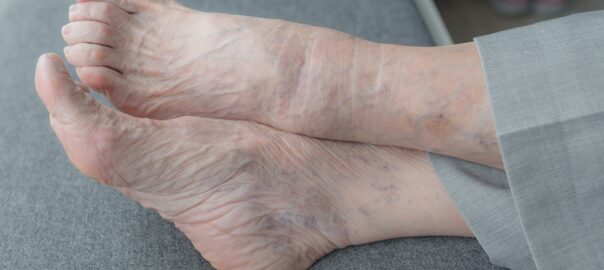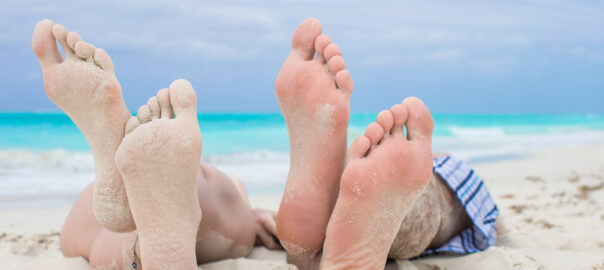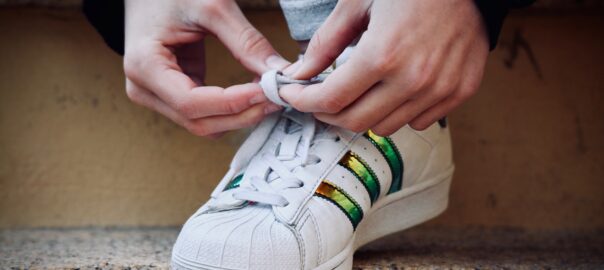Housecalls Podiatrist in Chicago near me
Illinois Mobile Foot Care provide homebound patients with the best possible podiatry services for Chicago and near Chicago patients.
Podiatrists are medical professionals who specialize in diagnosing and treating conditions of the feet, ankles, and lower legs. They provide a range of treatments for various foot and ankle problems, including:
- Orthotics: Custom-made shoe inserts or orthotics can be used to correct foot and ankle problems, such as flat feet, high arches, and overpronation.
- Foot and ankle surgery: Podiatrists can perform surgical procedures to correct problems such as bunions, hammertoes, and other foot deformities.
- Wound care: Podiatrists can provide treatment and care for foot and ankle wounds, such as cuts, blisters, and ulcers.
- Physical therapy: Podiatrists can prescribe physical therapy exercises to improve foot and ankle strength, flexibility, and range of motion.
- Medications: Podiatrists can prescribe medications to alleviate pain, inflammation, and other foot and ankle conditions.
- Diabetic foot care: Podiatrists are trained to provide specialized care for people with diabetes to prevent and treat foot and ankle complications, such as neuropathy and ulcers.
- Sports medicine: Podiatrists can provide specialized care for athletes and people who engage in physical activity to prevent and treat foot and ankle injuries.
These are just a few examples of the treatments that podiatrists provide. Depending on the condition, a podiatrist may use one or a combination of these treatments to help alleviate a patient’s foot or ankle problems.




